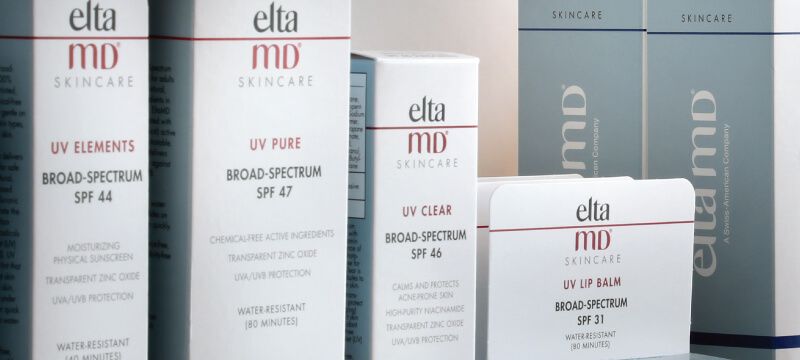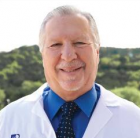What’s the difference between a sunblock and a sunscreen?

What’s the difference between a sunblock and a sunscreen? Just that: a sunblock (mostly) blocks everything; a sunscreen “screens” out only certain harmful rays.
Early sunscreens only blocked UVB rays: those rays can give you an immediate sunburn and will ultimately cause skin cancer. We used to think UVA rays only gave a suntan, and thus were safe. But they can also cause skin cancer, and penetrate deeper. No radiation is safe! Why the tan then? Your skin is trying to protect itself.
What is SPF? Sun Protection Factor. A measure of relative blocking over a given exposure time. But blocking what? And for how much time?
There are 6 types of progressively darker skin colors. Depending on your skin type, the altitude, proper application and other physical factors… if you would normally burn after 20 minutes in the sun, an SPF 30 should protect you for about 10 hours. That does not account for sweating it off, so you should reapply every 2 hours. (And don’t do 10 hours anyway!) An SPF 30 blocks 97% of the sun’s rays, and an SPF 50 blocks 98%, only 1% more. Beyond an SPF 30, the blocking is only minimally incremental. So why is there an SPF 100? Marketing.
“Sunscreen” generally refers to chemical sunscreens, i.e. chemical blocking.
“Sunblock” refers to physical sunscreens, i.e. physical blocking. Their only ingredient in physical sunscreens is zinc oxide and sometimes some titanium dioxide. Both ingredients are safe and very water resistant. There is no systemic absorption.
I prefer physical sunscreens. They seem to last longer on me, and sweat off less. They moisturize well. They still come in various SPF’s due to their viscosity and density. What changes is their cosmetic elegance and ease of application. My two favorites are Elta MD UV CLEAR SPF 46 for my face, and Elta AERO SPF 45 to spray on my body. To avoid that “white face,” you really don’t need to over apply. The Elta UV CLEAR is what I always recommend for acne prone skin.
Every Westlake Dermatology office stocks both of these (and other Elta products if you prefer). My best recommendation? My own children grew up using these!
Disclaimer: The contents of the Westlake Dermatology website, including text, graphics, and images, are for informational purposes only and are not intended to substitute for direct medical advice from your physician or other qualified professional.
